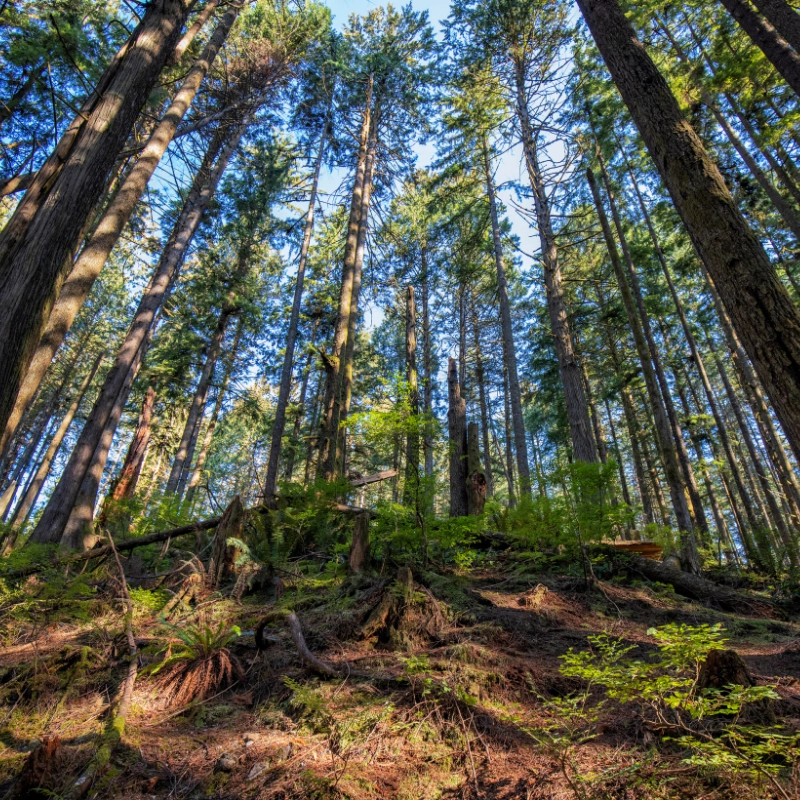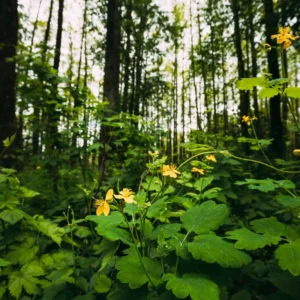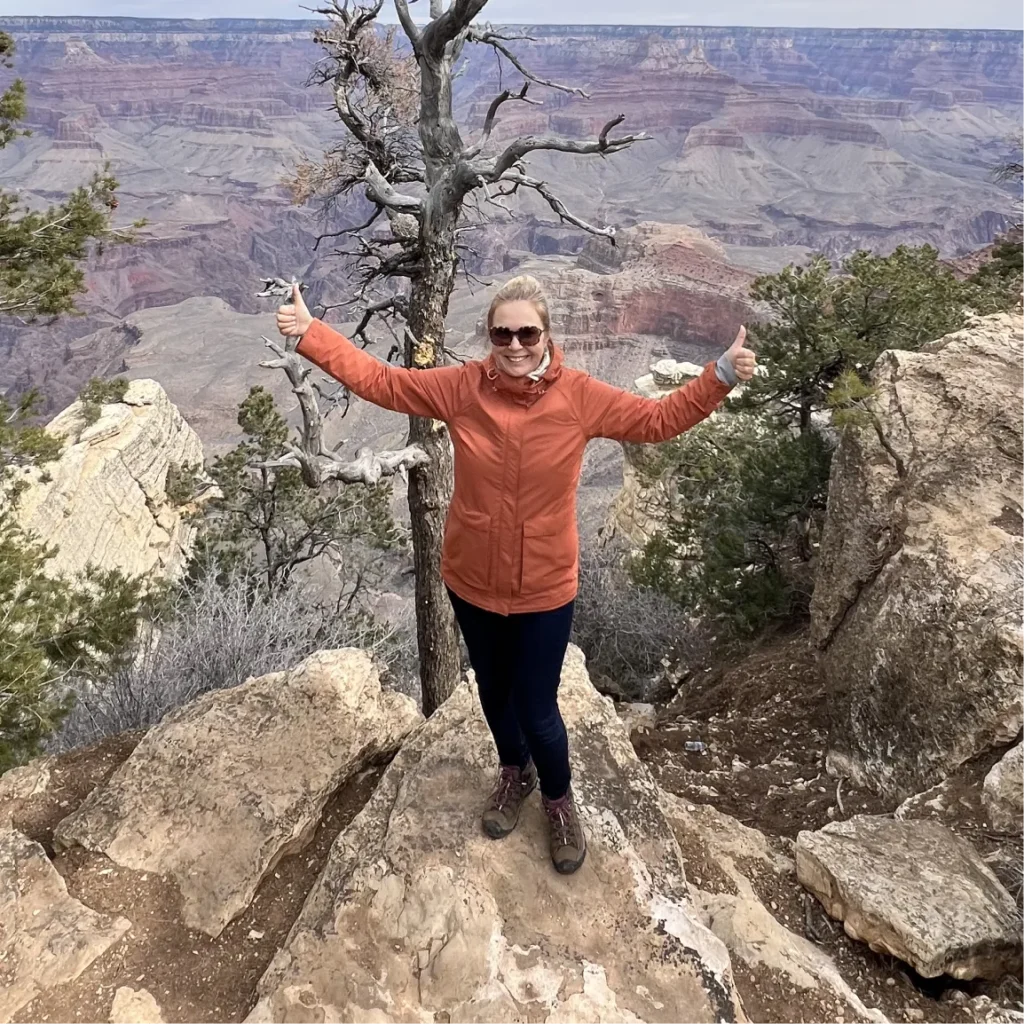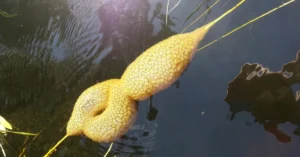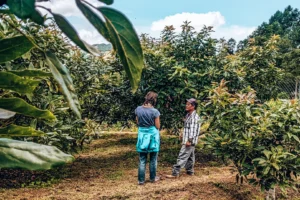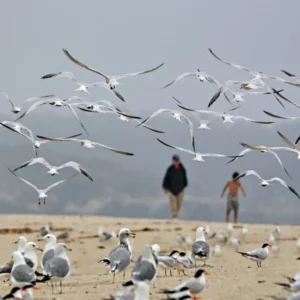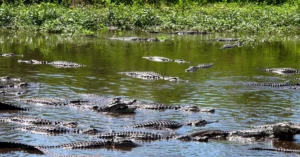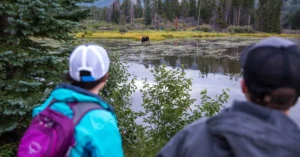WWF-Canada has launched “Mission Restoration,” a strategic initiative to rehabilitate 30% of Canada’s degraded ecosystems.
This effort was announced at the UN Convention on Biological Diversity’s Conference of the Parties (COP16) in Cali, Colombia.
The initiative is crucial for global biodiversity conservation, aligning with Canada’s commitments under the Kunming-Montreal Global Biodiversity Framework (GBF).
It aims to unite organizations dedicated to ecosystem restoration, offering insights into collective efforts nationwide and highlighting benefits to nature, communities, and climate.
Objectives and Goals of Mission Restoration
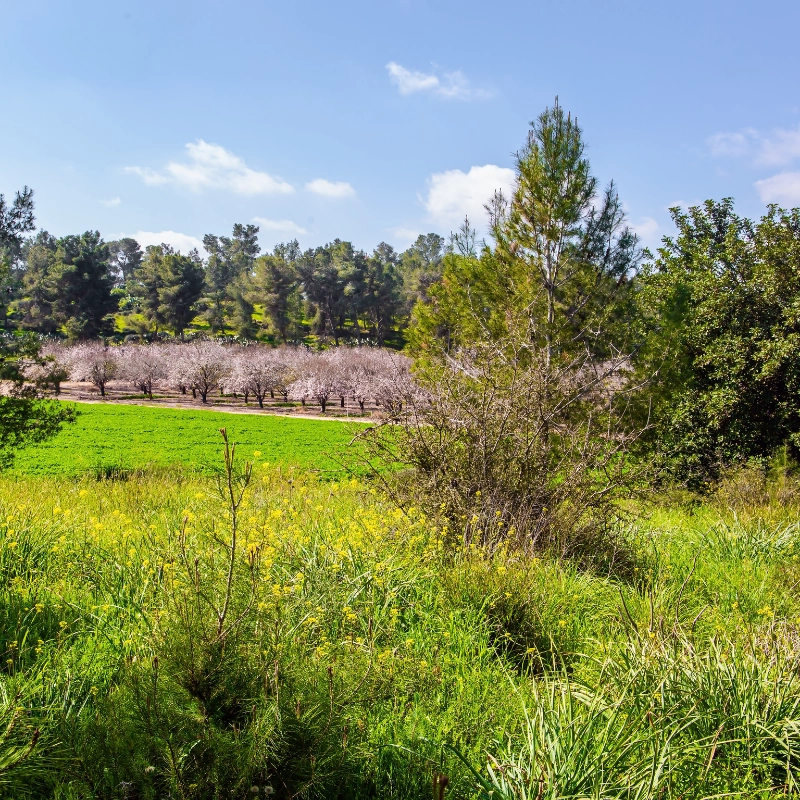
The primary objective of Mission Restoration is to restore 30% of Canada’s degraded ecosystems, which is in line with international frameworks like the GBF.
The initiative aims to restore one million hectares by 2030, with specific milestones and expected outcomes.
WWF-Canada aims to contribute significantly to national and international biodiversity targets by focusing on large-scale restoration, reinforcing its commitment to wildlife protection.
Collaborative Efforts and Partnerships
Collaboration is key to Mission Restoration’s success. Key partners include the Secwepemcúl’ecw Restoration and Stewardship Society, Katzie First Nation, ALUS, and the Nottawasaga Valley Conservation Authority.
Each partner brings unique expertise and resources crucial to the initiative’s execution.
The program seeks to build a coalition of organizations, government agencies, and land rights holders, emphasizing the importance of collective action and shared goals in achieving restoration success.
Impact on Nature, Communities, and Climate
Ecosystem restoration provides numerous benefits, such as enhanced biodiversity, improved community well-being, and increased climate resilience.
Mission Restoration aims to showcase successful projects and their positive impacts, encouraging others to join the effort.
Public awareness and engagement are key strategies, with education and outreach vital in promoting ecosystem recovery.
These efforts support wildlife protection and align with the values of those committed to sustainability and ethical consumption.
WWF-Canada’s Commitment to Conservation

WWF-Canada is committed to equitable and effective conservation actions that restore nature, reverse wildlife loss, and combat climate change.
By integrating scientific analysis and Indigenous guidance, the organization ensures its efforts contribute to a future where wildlife, nature, and people thrive.
Despite anticipated challenges, WWF-Canada remains dedicated to achieving the goals of Mission Restoration, with plans and initiatives in place to ensure its success.
This commitment resonates with individuals who value sustainability and ethical consumption, particularly those who are vegan, vegetarian, or plant-based.

